Digitising Leeds: How to build a smart city
The return of an in-person Leeds Digital Festival coincides with a ratcheting up of plans to digitally transform the region

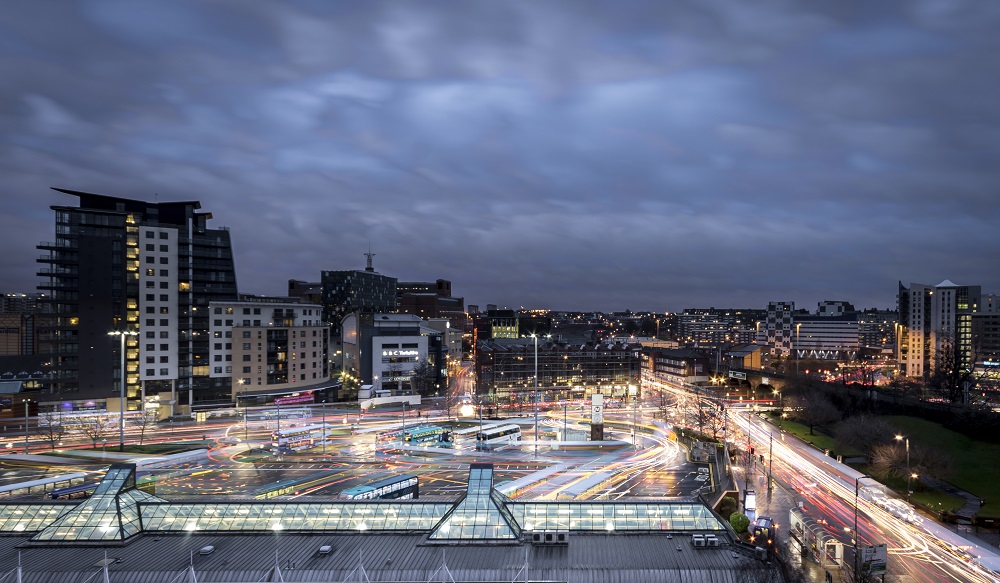
With the North of England traditionally facing an uphill struggle to attract the same levels of investment and skills that flow so freely in London, the Leeds Digital Festival was established to turn the tide. Debuting in 2016, the two-week festival has since grown in popularity and become a fixture in the regional tech sector’s calendar. However, this highly anticipated opportunity for organisations to share ideas and knowledge came to a screeching halt in March last year.
With the worst of COVID-19 now behind us, however, its organisers hope that a reinvigorated hybrid programme, which started on 20 September, can bring back the matchday-like buzz the city and its businesses have so badly missed. Its return also comes as Leeds City Council (LCC), among the more digitally-savvy local authorities in the UK, turbocharges its mission to transform Leeds into the UK’s most cohesive smart city.
Welcome to cyberspace
On Friday 9 March 2020, Stuart Clarke, co-founder of the digital festival, closed the window on submissions for an April event, with 250 event proposals – a record. The conference, open to all organisations and funded entirely by sponsorships, had hit its stride after a vibrant 2019 edition, and organisers were keen to build on this success. By the following Tuesday, however, the entire programme was cancelled.
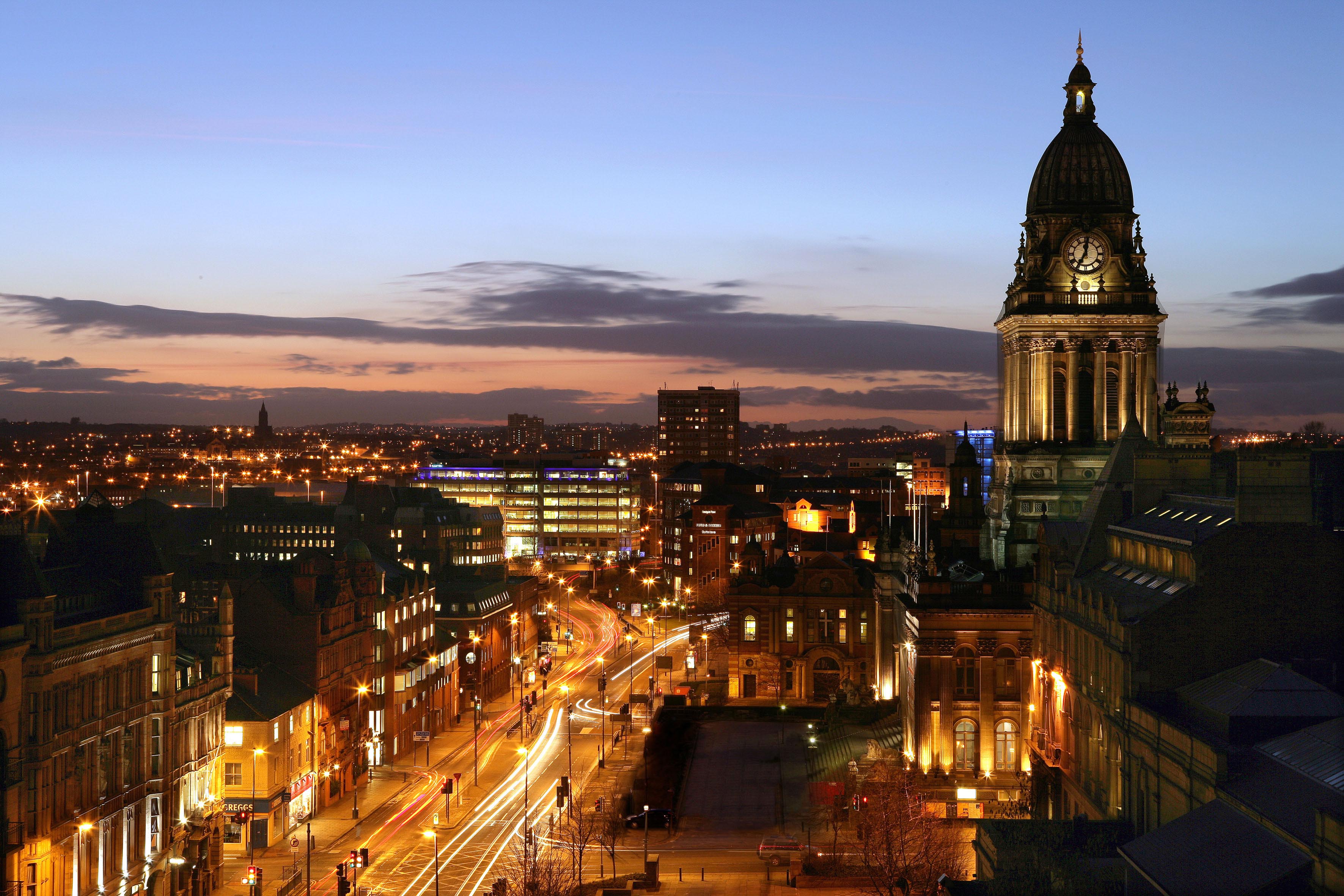
The Headrow district in Leeds and the town hall as seen at dusk
The looming lockdown left Clarke and fellow organisers little choice but to transition online. The result was 134 virtual events and meetings cobbled together within two weeks, including 80 from the original lineup and 50 that, in Clarke’s words, “came out of nowhere”. They delayed an in-person version to September, but were again forced to relegate this bumper 294-event edition to a primarily virtual programme, alongside a smattering of in-person meetings. Despite broad enthusiasm, with more than 400 events and 45,000 attendees throughout 2020, alongside the opportunity to showcase the region’s successes to a more international audience, the Leeds Digital Festival suffered a similar fate to many virtual conferences.
“I probably attended more things myself last year,” Clarke tells IT Pro, “But you’ve listened to the event for an hour or two hours, you’ve enjoyed the speakers, you’ve enjoyed the Q&A and everything – and then that’s it. It’s over. And you look around and it’s just you in your kitchen. There’s no one there to have that conversation with, and that networking. So, I couldn’t wait to get back.” For a festival that thrives on physical collaboration, its presence has been sorely missed. Also overlooked is how useful it’s been for encouraging partnerships to form between the digitally-savvy local authority and a tech sector just as invested in the health and wellbeing of the region as it is the bottom line.
Tech Stranding
For the leader of LCC’s smart cities programme, Stephen Blackburn, digitally transforming Leeds is a journey that’s often been a lonely one. He was the only representative from a UK council to attend Barcelona’s Smart City Expo in 2017 – an experience he describes as being “like a rabbit caught in the headlights”. However, this hasn’t deterred him from returning year after year. Blackburn reveals that by 2019, while Leeds was the only UK city with a physical stand, other towns and cities had now followed, using its presence as a base. He was also joined by more than 60 individuals from the wider region, including business owners who might ordinarily consider themselves rivals.
Sign up today and you will receive a free copy of our Future Focus 2025 report - the leading guidance on AI, cybersecurity and other IT challenges as per 700+ senior executives
Building on the Data Mill North databank, LCC’s plans rely on a foundational networking layer that comprises the expansion of gigabit broadband and Wi-Fi hotspots alongside a newly-installed regional long-range wide area network (LoRaWAN) for IoT devices. This remarkable low-bandwidth and high-latency field is powered by 28 gateways installed on high rise council buildings. Its coverage is vast. Only 600 of 55,000 of its residential properties aren’t supported by at least two gateways, while hilly geography also means the signal stretches as far as York to the north, and the iconic Humber Bridge, approaching Hull, to the east. The network officially launched as the Leeds Wireless Innovation Network at the beginning of the festival, with LCC keen to invite businesses and individuals to begin forming strands within it.
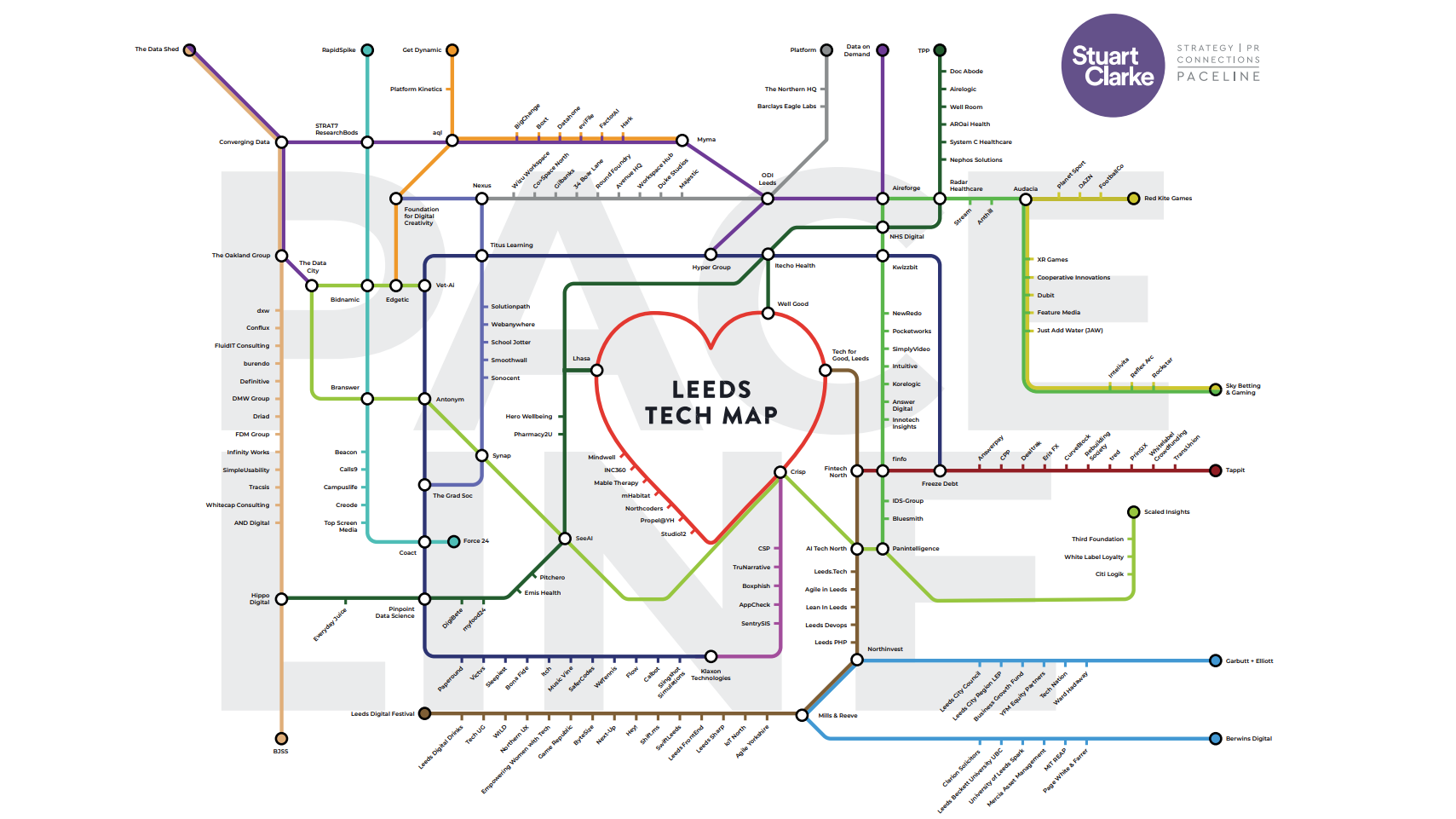
The Leeds Tech Map was created by Stuart Clarke to visualise the city's digital sector. An interactive version can be accessed here
RELATED RESOURCE
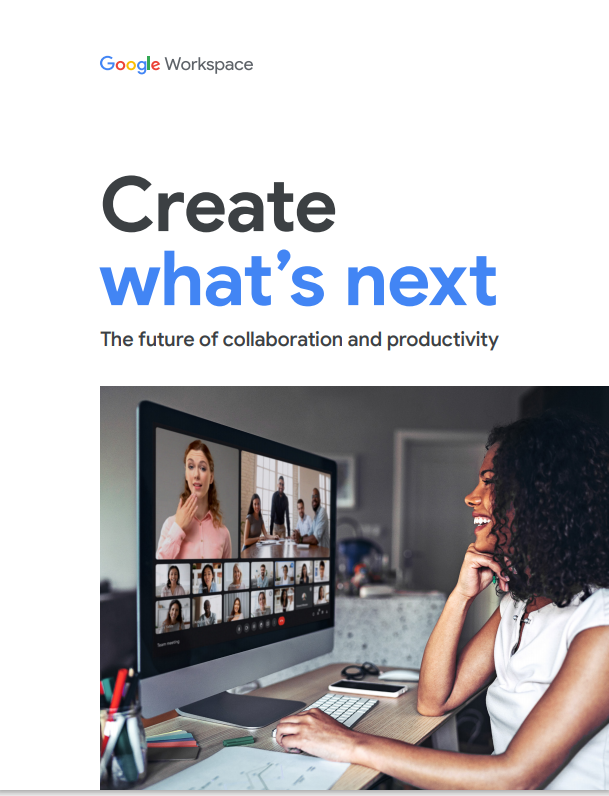
“SMBs, organisations, town councils, whoever, if they go out and buy the devices, we can arrange the connectivity to get that data back to them,” Blackburn explains. “It’s an open innovation network, so it’s there for anything or anybody to use, really. For example, you could go out before you come to Yorkshire and buy an air quality sensor. As long as you get your data sorted on your end – where you’re going to store it – you can put that in your back garden and start collecting data, and use our network for connectivity to get your data back.” The hope is this network can soon power smarter public services. Blackburn outlines how a housing project is already taking advantage of its potential to improve the quality of life for council house residents. The project, which has entered its second testing phase, involves fitting sensors into peoples’ homes to collect environmental data. The objective is to pre-empt issues, such as the buildup of damp, and address them proactively before they translate into significant maintenance costs down the line. Testing will be wrapped up by December, with LCC hoping to review a full body of evidence to establish the value in putting a contract out to tender. Plans are also underway to monitor footfall in and around the city’s high streets, with 32 counters in position, alongside air quality and road traffic in the future.
No longer a rabbit in the headlights
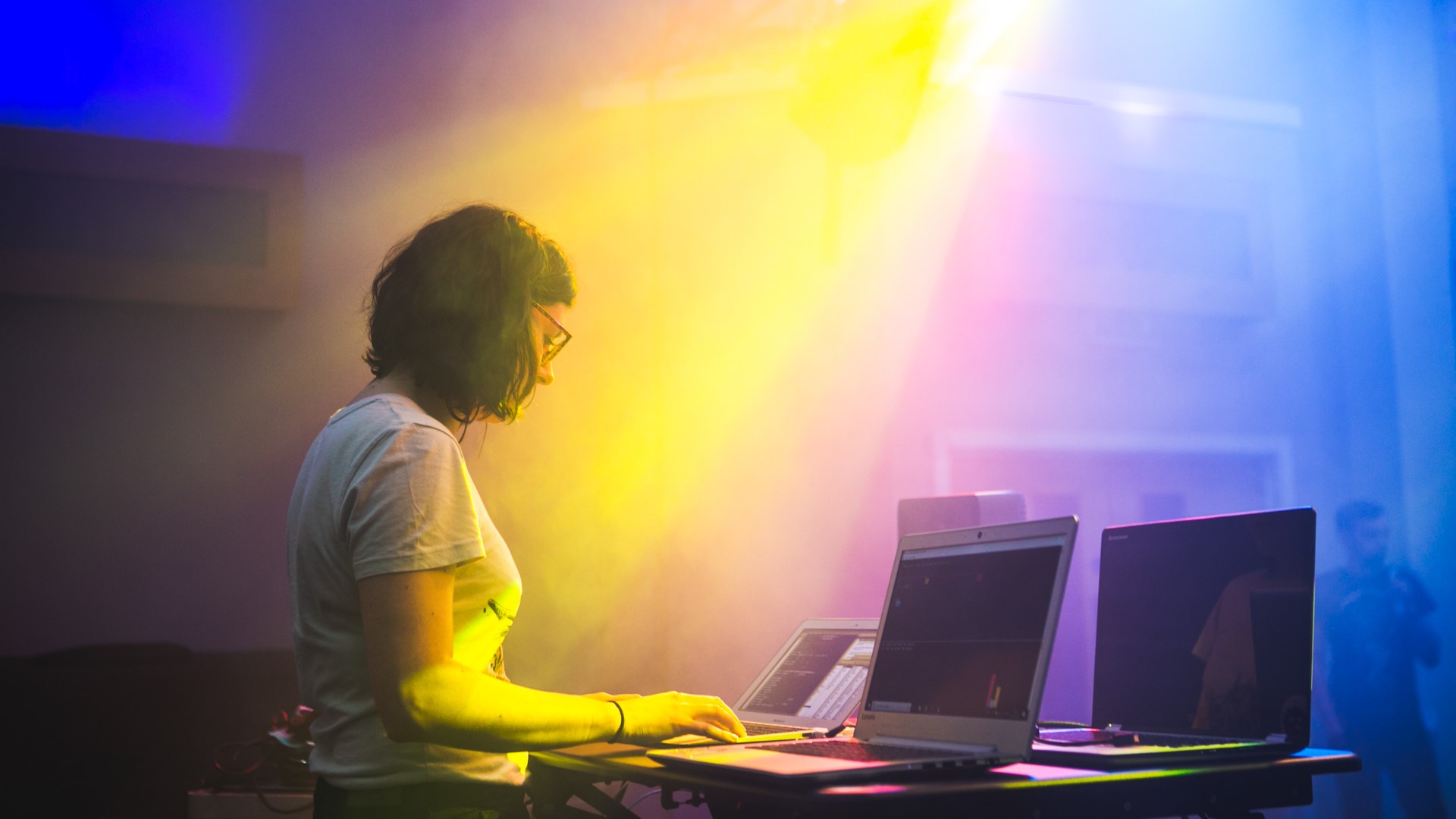
The Leeds Digital Festival plays host to a variety of events, including late-night coding sessions and LGBTQ+ hackathons
Although LCC marked the latest Leeds Digital Festival with the launch of the Leeds Wireless Innovation Network, Blackburn tells IT Pro it won’t be long before LCC will need to address the streams of data set to flow inwards. Unfortunately, Leeds’ capabilities at this stage are practically non-existent, he laments, with LCC relying instead on third-party data processing tools to glean surface-level insights from the data its sensors collect. However, plans are underway to change this with CIO Leonardo Tantari working to establish an Office of Data Analytics to develop highly desired in-house capabilities to analyse and present data in a meaningful way. The initial focus will be on health data, given Tantari is also the CIO for NHS Leeds Clinical Commissioning Group (CCG), but it won’t be long until this remit expands.
This is one key objective Stephen Blackburn hopes LCC can achieve before his next visit to Barcelona. Although he felt like “a rabbit in the headlights” when he first attended the Smart City Expo, it has served as a barometer to reflect on the progress LCC has made, year after year. “In the second year,” he explains, “I felt that we at least had a plan. In year three, we started to put some of that plan into motion. We started to look at a LoRaWAN network, for example. I think if we had been there in November last year, or certainly November this year, we’d have then had something to say about ‘now we’ve built our LoRaWAN network’.”
He adds that by 2022, he suspects LCC will be able to say “right, now this is what we’ve done with getting our data sorted out”. “Because you’ve got that market at the end of each year,” he continues, “you think, actually, we’ve done quite a lot in the last 12 months.”
The Leeds Wireless Innovation Network is officially launching at the Leeds Digital Festival, which has run from 20 September 2021 in venues across the city region

Keumars Afifi-Sabet is a writer and editor that specialises in public sector, cyber security, and cloud computing. He first joined ITPro as a staff writer in April 2018 and eventually became its Features Editor. Although a regular contributor to other tech sites in the past, these days you will find Keumars on LiveScience, where he runs its Technology section.

